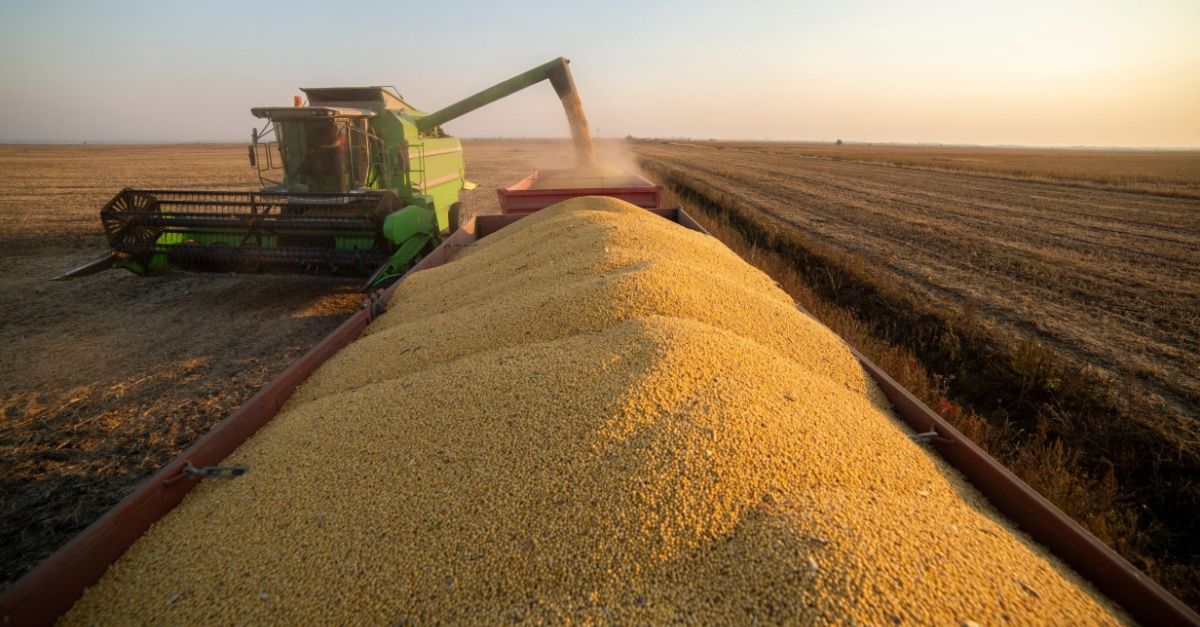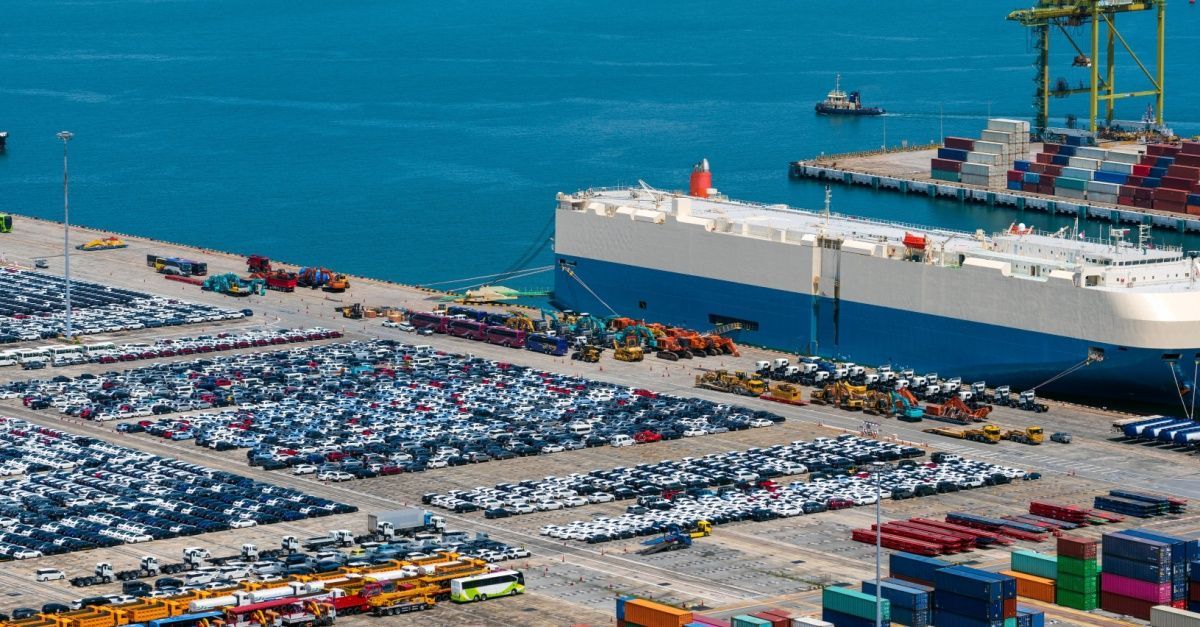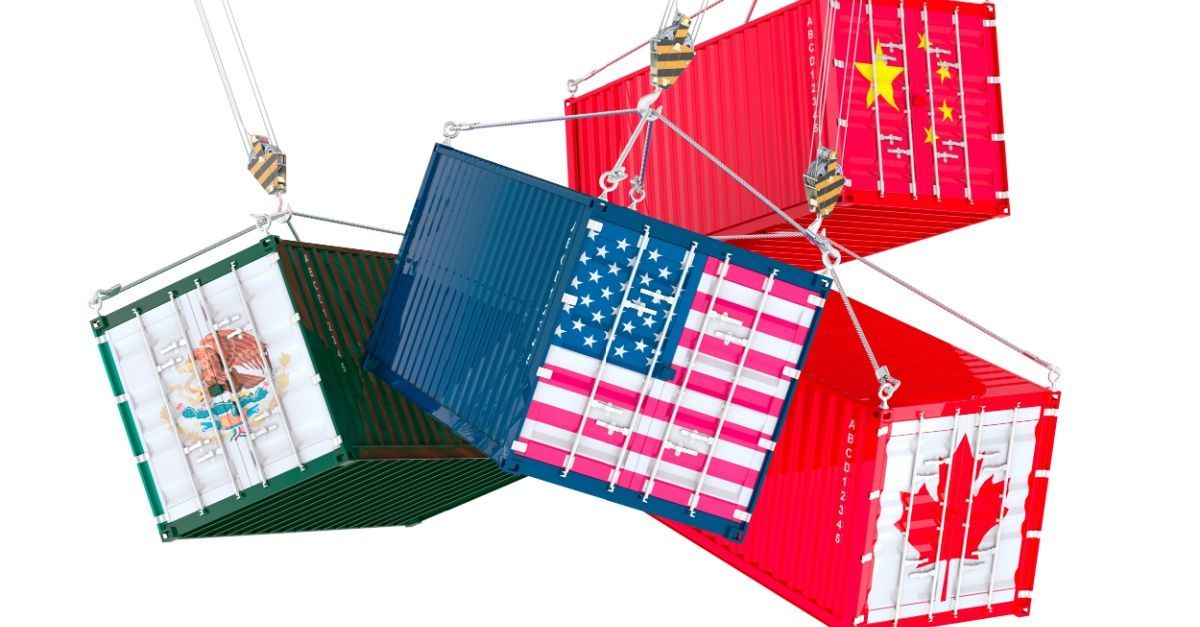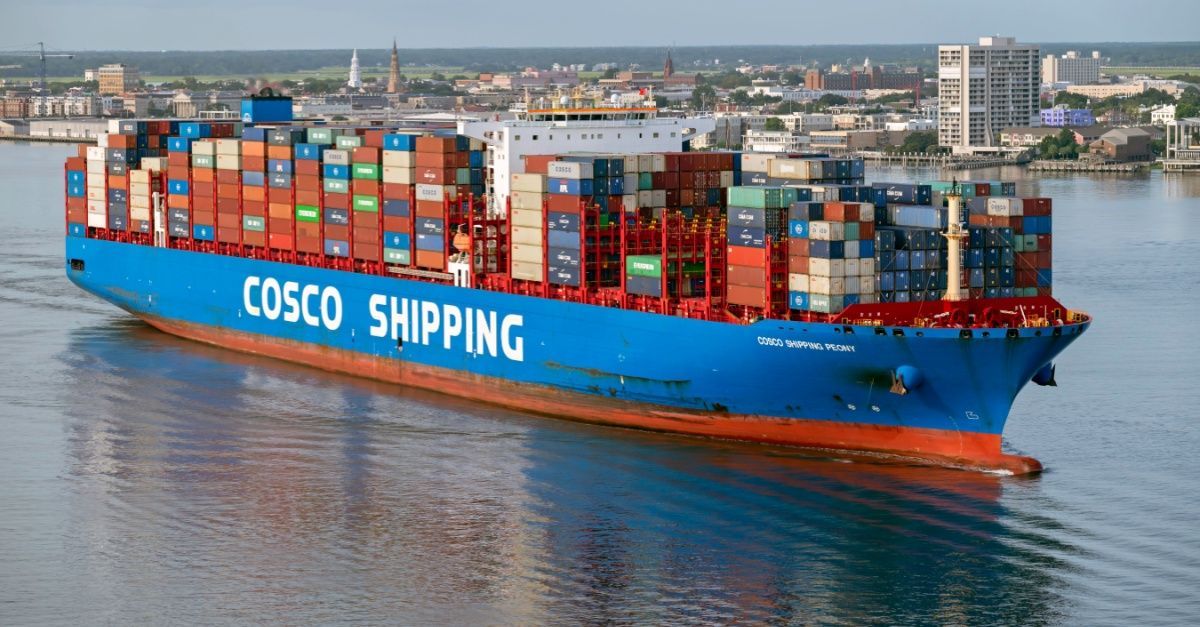What Does the Rise of E-Commerce Mean for Food Manufacturing?
Blog Post CTA
Food and Beverage E-Commerce: A Paradigm Shift in Food Manufacturing
A retail revolution is unfolding in front of our eyes. E-commerce is dominating, already accounting for 20.8% of retail purchases. However, this isn't a fleeting trend. Forbes' 38 E-Commerce Statistics Of 2023' predicts this figure will grow to 24% by 2026, further entrenching online shopping in our daily lives. The United States is leading this digital charge, with sales poised to exceed $1.1 trillion this year. The global market could also see its value balloon to $6.3 trillion by the end of 2023 and over $8.1 trillion by 2026.
Amid the e-commerce boom, the U.S. food and beverage (F&B) industry is scrambling to seize a golden opportunity despite food and beverage e-commerce traditionally lagging behind other sectors. Nevertheless,
food manufacturers are resolute in changing this narrative despite
long-standing pain points like managing perishable items and unique delivery and storage requirements. As they rethink everything from production to
logistics, their innovative responses will shape the F&B industry's future and how companies can leverage e-commerce.
The Impact of E-Commerce on Food Manufacturing
The inexorable rise of e-commerce has ushered in a wave of changes in food manufacturing. We're witnessing a meaningful shift in consumer habits and supply chain dynamics, shaping a new normal for F&B e-commerce.
Changing Consumer Behavior
The food and beverage industry is transforming significantly, marked by the rise in online grocery shopping and direct-to-consumer sales. Today's consumers, who value convenience and personalization, are steering this change. As food e-commerce gains traction, the widespread use of smartphones further amplifies this shift, making online shopping more accessible and seamless. Thus, with the projected surge in online food delivery expected to reach 21% of the market by 2025 (up from 13% during the pandemic), strategic adaptation is more urgent than ever.
Meal kits encapsulate these consumer desires perfectly, a market segment projected to soar from $11.1 billion in 2021 to an astounding $43.4 billion by 2031, based on
Allied Market Research’s findings. Companies like HelloFresh, Blue Apron, and Home Chef spearhead this revolution, offering meal kits and pre-portioned ingredients directly to consumers' doors.
Additionally, the burgeoning demand for personalization has given rise to niche providers such as ButcherBox, Goodfood, Sea to Table, and Territory Foods, who enhance the consumer experience in the F&B e-commerce space by catering to unique dietary preferences.
Evolving Supply Chain Dynamics
Modern consumer expectations are soaring - a Forbes report indicates that 90% of consumers now anticipate standard two- or three-day shipping. Further, 32% will quickly abandon their shopping carts if delivery times miss their expectations. This accelerated demand for speed shapes the ongoing evolution of supply chains in the food and beverage e-ommerce industry and the importance of specific solutions like expedited trucking.
Among this sector's myriad challenges, ensuring efficient order fulfillment and last-mile delivery stand out prominently. Everything from
warehouse location, the distance to the customer, the specific type of food, and even the time of day can influence supply chain efficiency. Some, though, are turning these headwinds into opportunities by focusing uniquely on logistics and customer demands. Amazon Fresh, for instance, offers same-day delivery of fresh groceries for Prime members in select cities. Similarly, Instacart allows customers to order groceries from local stores for delivery within an hour. Whole Foods Market assures a two-hour delivery window for orders above $35. Other services like GoPuff function like on-demand convenience stores and deliver food, drinks, snacks, household essentials, and more within minutes.
However, even as certain F&B e-commerce companies excel in order fulfillment and last-mile delivery, ensuring product quality and safety during transit remain significant challenges. Unpredictable environmental changes during transportation can threaten food safety. Here,
reefer trucking for perishable goods often helps by ensuring optimal conditions throughout transit. Yet other challenges can still persist, such as physical damage and human error in handling or storing food products.
As E-Commerce Continues to Grow, Food Manufacturers Adapt
The world of e-commerce is rapidly expanding, and this presents many challenges and opportunities for those in the food manufacturing industry. As the potential for success in this sector becomes increasingly apparent, businesses seek new and innovative ways to reinvent their strategies, from production to distribution, to stay ahead of the game.
Production and Packaging
Revamping production processes to meet e-commerce demands is step one for food manufacturers to kickstart their e-commerce transformation. Considering the increasing popularity of meal kits and individual servings that offer convenience and customization, it's imperative to rethink the process flow to cater to these unique product formats.
Simultaneously, packaging considerations have taken the forefront in F&B e-commerce. It's not just about aesthetics anymore; packaging now plays a pivotal role in maintaining product integrity during transit. As a result, manufacturers have been dedicating resources to researching and developing durable and transport-friendly packaging solutions to ensure that food products arrive at their destination as fresh as the day they leave the factory.
Inventory and Demand Planning
Inventory management and demand forecasting, once a game of educated guesses, are becoming data-driven pursuits in the e-commerce era. The challenge lies in maintaining a delicate balance; too much inventory could lead to wastage, while too little could result in missed sales opportunities.
Modern data analytics tools offer a solution, providing real-time insights into buying patterns and trends. These insights help manufacturers forecast demand more accurately, optimize inventory, and plan production schedules efficiently.
Logistics and Distribution
The ability to consistently deliver products in a timely and reliable manner can make or break a brand's reputation. That's why it's so essential to establish a solid logistics and distribution system from the get-go.
Many manufacturers partner with specialized carriers and fulfillment service providers because a robust delivery network is so non-negotiable in food e-commerce. Such collaborations bolster delivery capabilities and allow manufacturers to focus on their core competency - producing high-quality food items.
Traceability and Food Safety Systems
With the rapid transformation of the food industry comes heightened regulatory attention. Manufacturers proactively respond by investing in end-to-end traceability systems that monitor the food journey from farm to table. This proactive approach not only fulfills regulatory compliance but also accentuates safety and quality, ensuring that the food reaching consumers is of the highest standard.
Furthermore, the importance of food safety for online shoppers drives manufacturers to reinforce safety protocols throughout the supply chain. They ensure safety from ingredient sourcing to final delivery by instituting stringent quality checks and sustaining hygienic production environments.
As the Demand for Reliable Food and Beverage e-commerce Continues to Grow, Collaboration is Key
The food and beverage sector is dramatically transforming due to the meteoric rise of e-ommerce. Ensuring efficient operations and customer satisfaction, the power of collaboration significantly drives this evolution.
Importance of Collaborating with Logistics Providers
A key partnership for food manufacturers in the e-commerce era is with logistics providers. Reliable, efficient shipping isn't just a bonus; it's necessary for an industry where the quality of goods often depends on speedy and secure delivery. Establishing collaborative relationships with trusted logistics partners can simplify the distribution process, reduce delays, and enhance product quality upon delivery.
Moreover, partnerships with logistics providers offer invaluable insights into optimal storage and handling practices. These insights can help manufacturers refine their processes, reduce waste, and ultimately deliver a
fresher, higher-quality product to the end consumer.
Leveraging Partnerships to Optimize Operations and Customer Experience
Strategic partnerships with logistics providers offer far more than efficient shipping and distribution in the food and beverage e-commerce world. These alliances amplify operational efficiency by equipping manufacturers with a suite of advanced tools and data resources. Leveraging these, manufacturers can deepen their market comprehension, streamline operations, and implement data-driven inventory management and production planning strategies.
Moreover, a focus on partnerships can also reshape the customer experience. Manufacturers collaborating closely with diverse stakeholders can craft unique online shopping experiences tailored to individual customer preferences. This personalized approach nurtures brand loyalty and promotes customer retention, further strengthening F&B e-commerce.
Reaping the Benefits: F&B E-Commerce and the EFS Advantage
As food and beverage e-commerce expands, opportunities and challenges for food manufacturers simultaneously appear. Success in this rapidly evolving terrain hinges on navigating a wide range of changes, from new production and packaging processes to sophisticated logistics and traceability systems. However, with the right mindset and a willingness to adapt, there are endless possibilities for growth and success in this exciting industry.
Striking a balance between quality, speed, and affordability, Entourage Freight Solutions (EFS) offers bespoke solutions for success in food e-commerce. With an around-the-clock network and real-time, IoT-enabled tracking, EFS gives businesses full control and transparency over the transportation of their goods. A robust portfolio of over 7500 specialized carriers, including those in refrigerated freight and dry bulk goods, also helps provide scalable solutions aligned with growth objectives. Moreover, with EFS's expedited freight services, businesses can maintain supply chain readiness and provide positive customer experiences.
So take the next step to a fruitful e-commerce future.
Speak with an EFS Freight Specialist today to learn how to enhance your food e-commerce capabilities and explore the potential benefits.









